Reminder: Jimmy Carter was just like all the other presidents
Reminder: Jimmy Carter was just like all the other presidents
Former president Jimmy Carter is back in the news. His ongoing illness has surely caused him and his loved ones much distress and grief. For that, I wish them peace as the 39th president nears the end of his life.
However, this is also an important opportunity to recognize that corporate media whitewashing is yet again in full effect — painting Carter as a peace-loving saint who deserved a Nobel Peace Prize.
As with all U.S. politicians — regardless of party — it remains as dangerous as ever to ignore historical reality.
During the Carter Administration, the U.S. had a president who claimed that human rights were "the soul of our foreign policy" despite making an agreement with the brutal dictator, “Baby Doc” Duvalier, to not accept the asylum claims of Haitian refugees.
His duplicity, however, was not limited to our hemisphere; Carter also started earning his Nobel Peace Prize in Southeast Asia.
In Cambodia, Carter and his national security aide, Zbigniew Brzezinski, made “an untiring effort to find peaceful solutions” by initiating a joint U.S.-Thai operation in 1979 known as Task Force 80, which for ten years, propped up the notorious and lethal Khmer Rouge.
Interestingly, just two years earlier, Carter displayed his deep respect for human rights when he explained how the U.S. owed no debt to Vietnam. He justified this belief because the "destruction was mutual."
(Hmm…do any of you recall being bombarded with napalm and/or Agent Orange here in the Home of the Brave™?)
Moving further southward in Carter’s efforts to advance democracy and human rights, we have East Timor. This former Portuguese colony was the target of a relentless and murderous assault by Indonesia since December 7, 1975. That assault was made possible through the sale of U.S. arms to its loyal client state, the silent complicity of the American press, and then-Ambassador Daniel Patrick Moynihan's skill at keeping the United Nations uninvolved.
Upon relieving Gerald Ford — but strategically retaining the skills of fellow Nobel peacenik Henry Kissinger — Carter authorized increased military aid to Indonesia in 1977 as the death toll approached 100,000. In short order, over one-third of the East Timorese population (more than 200,000 humans) lost their lives due to war-related starvation, disease, massacres, or atrocities.
Closer to home, the Rockefeller/Trilateral Commission ally also bared his “gentle soul” in Central America. As historian William Blum detailed, in 1978, the former peanut farmer attempted to create a "moderate" alternative to the Sandinistas through covert CIA support for “the press and labor unions in Nicaragua.”
After the Sandinistas took power, Blum explained, “Carter authorized the CIA to provide financial and other support to opponents.”
Also in that region, one of Carter's final acts as president was to order $10 million in military aid and advisors to El Salvador.
A final glimpse of “international cooperation based on international law” during the Carter Administration brings us to Afghanistan, the site of a Soviet invasion in December 1979. It was here that Carter and Brzezinski aligned themselves with Saudi Arabia and Pakistan to exploit Islam as a method to arouse the Afghani populace to action.
With the CIA coordinating the effort, some $40 billion in U.S. taxpayer dollars were used to recruit "freedom fighters" like (wait for it) Osama bin Laden.
The rest, as they say, is history.
Was Jimmy Carter, as Chomsky once said, “the least violent of American presidents”? Perhaps. But have our standards dropped to the point where we meticulously rank the criminals who inhabit the White House?
Will we ever eschew electoral deceptions and instead recognize and accept and name the big-picture problems?
If you think Jimmy Carter was ever the answer, you’re asking the wrong questions.
Source: Post-Woke
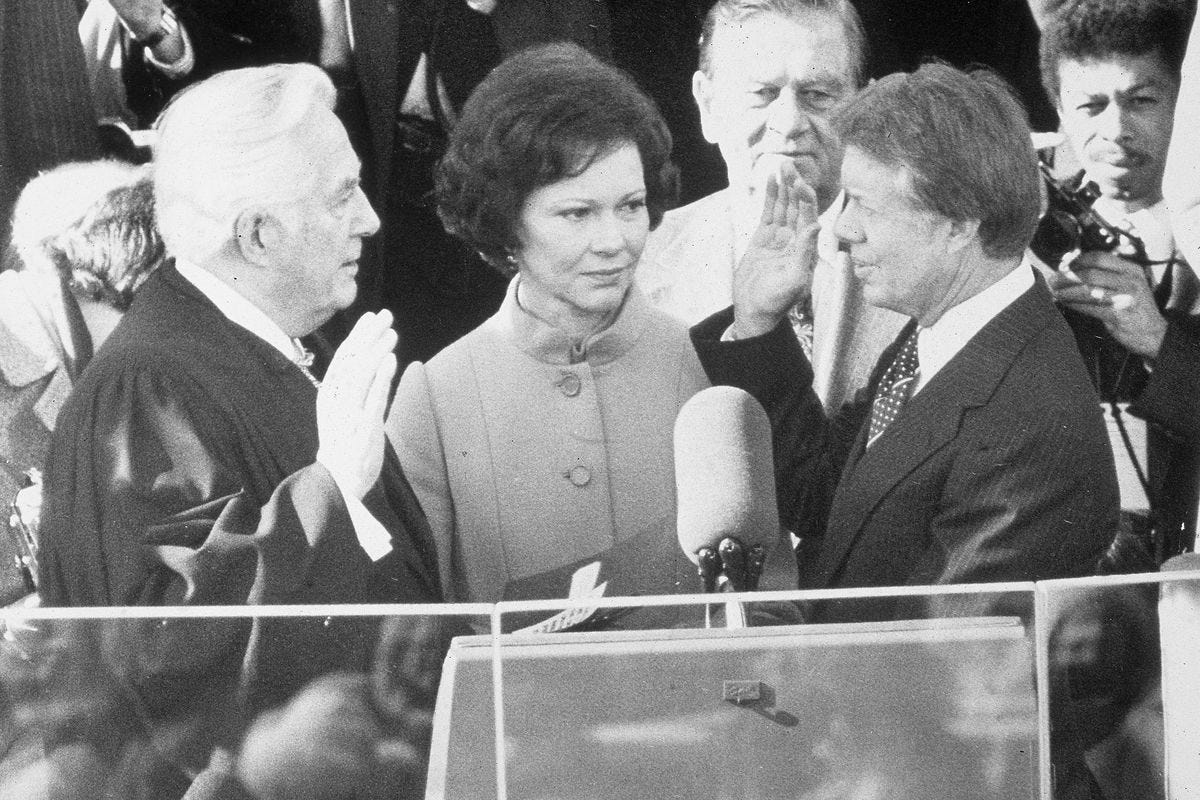
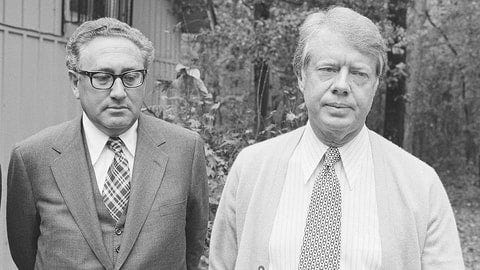
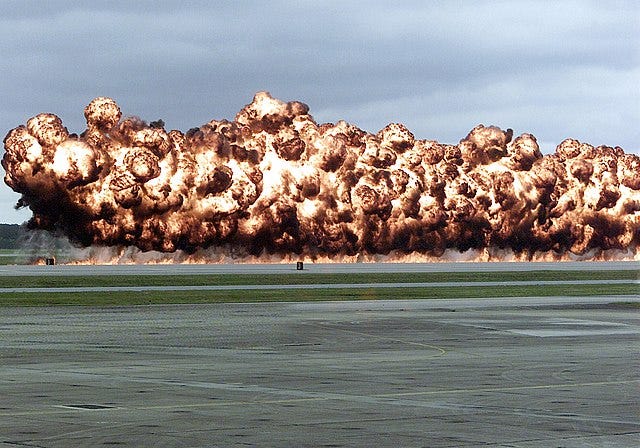
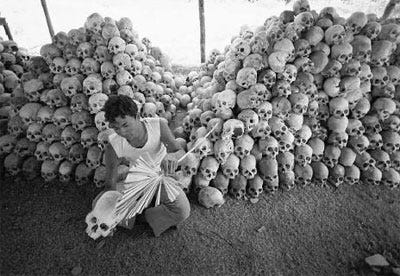
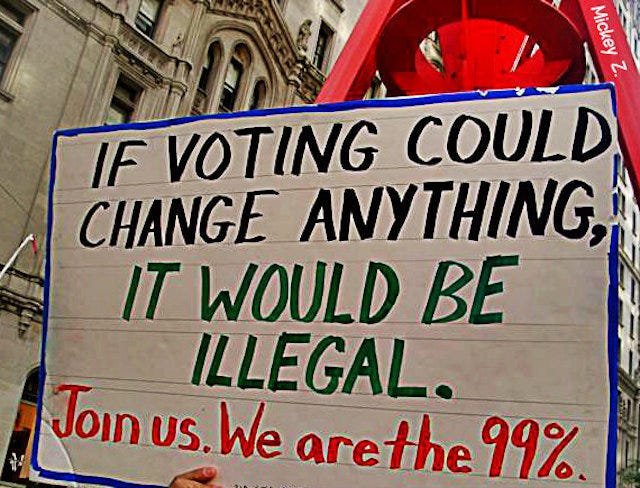
Comments
Post a Comment